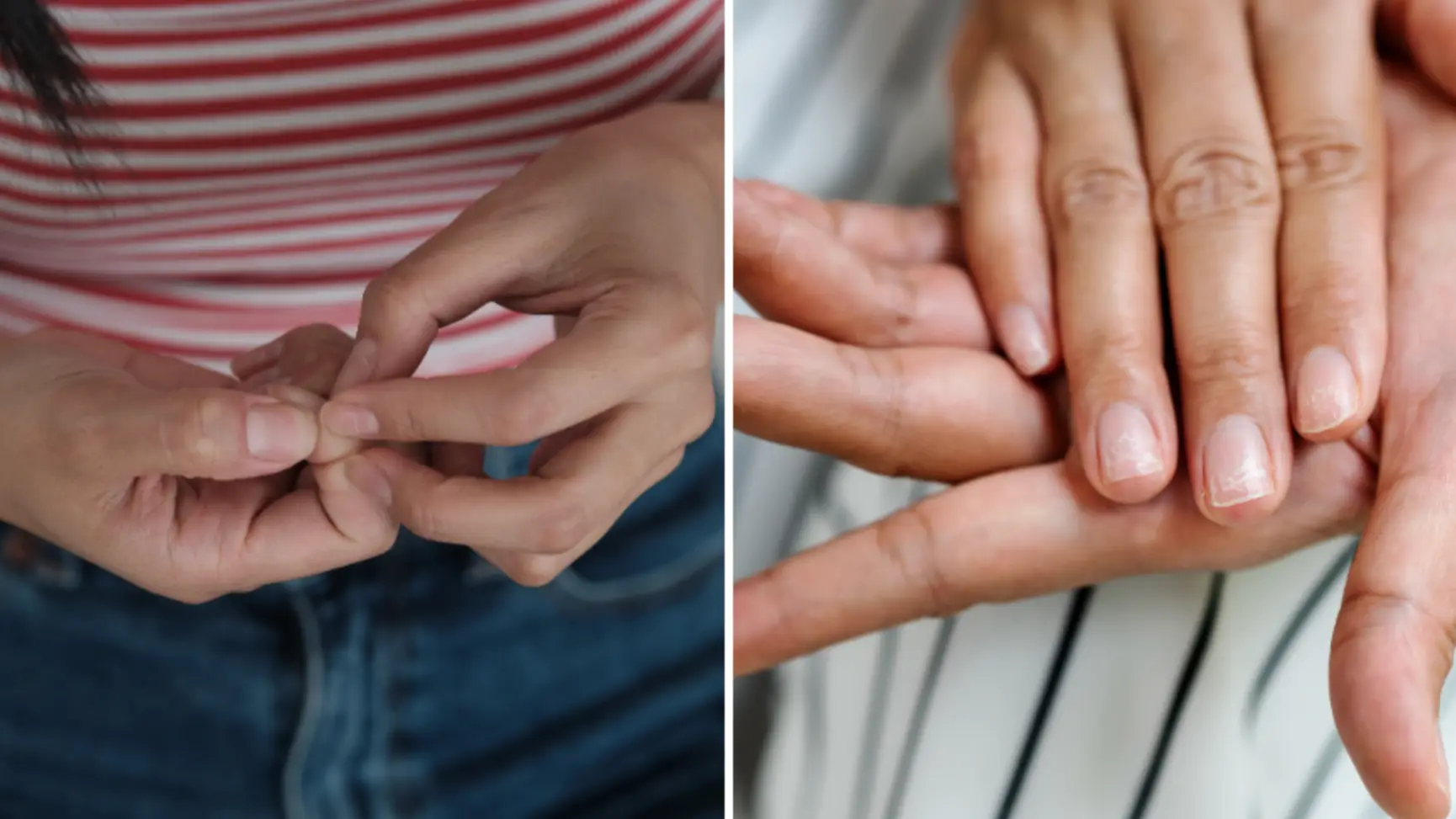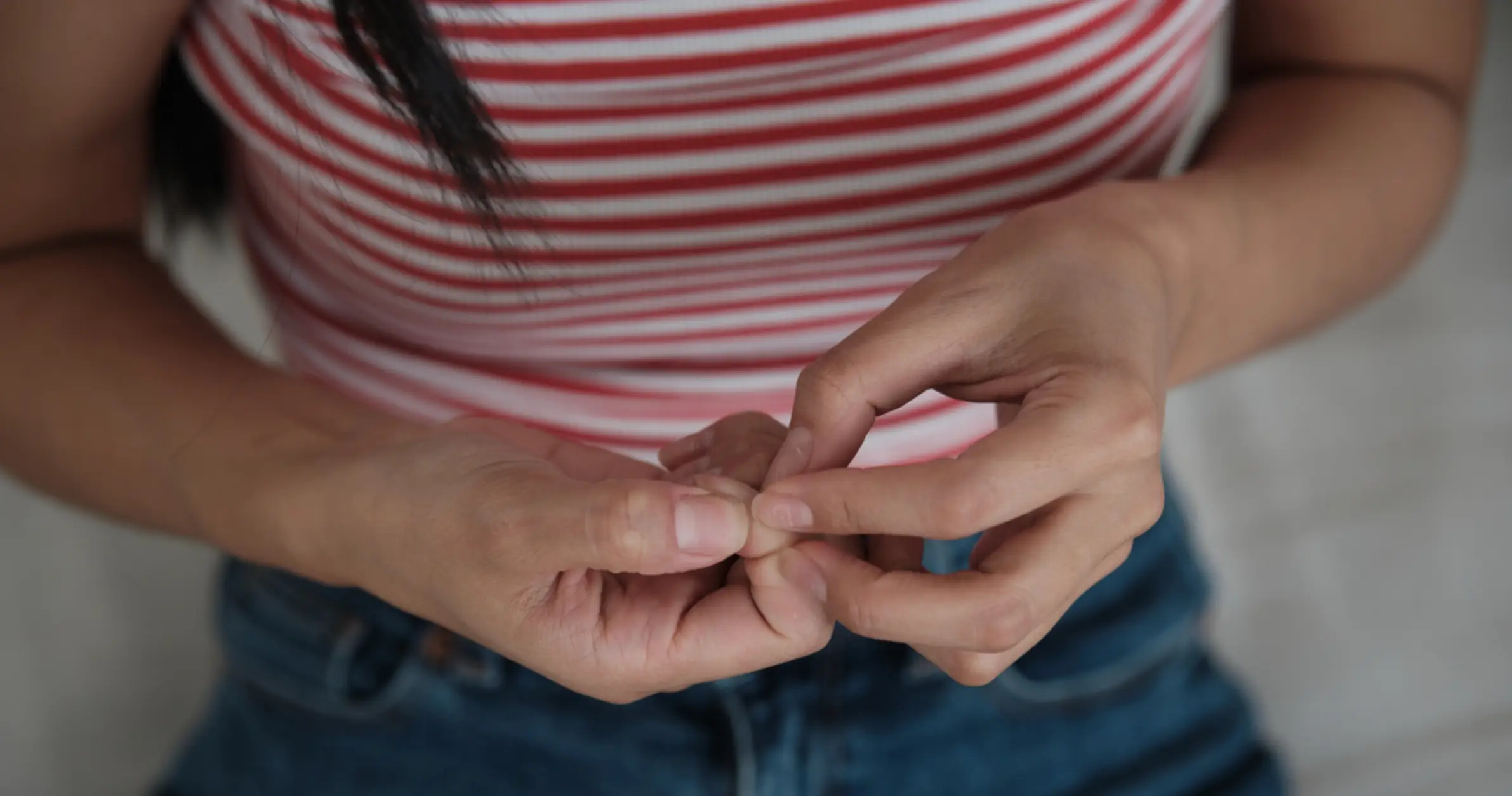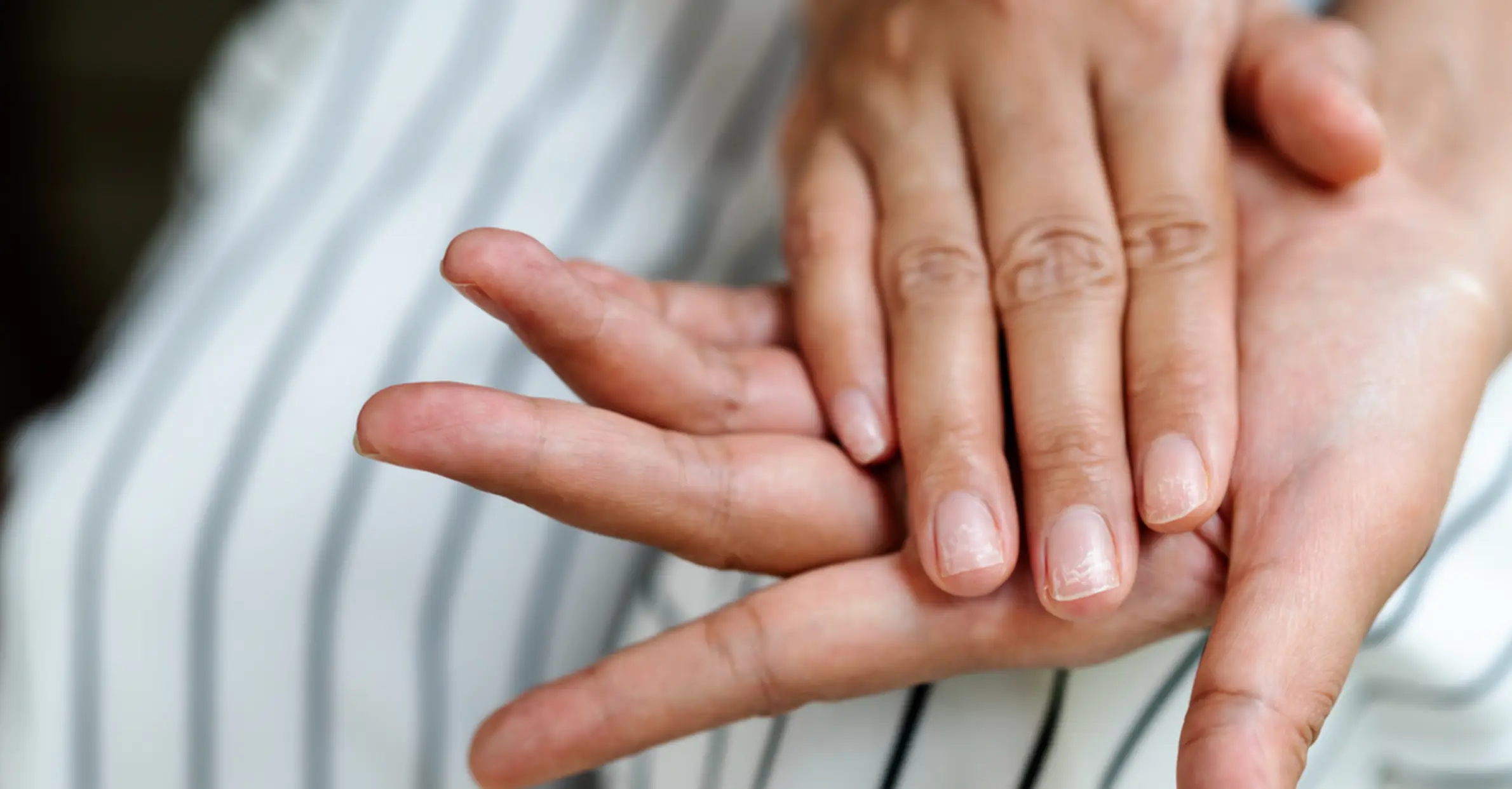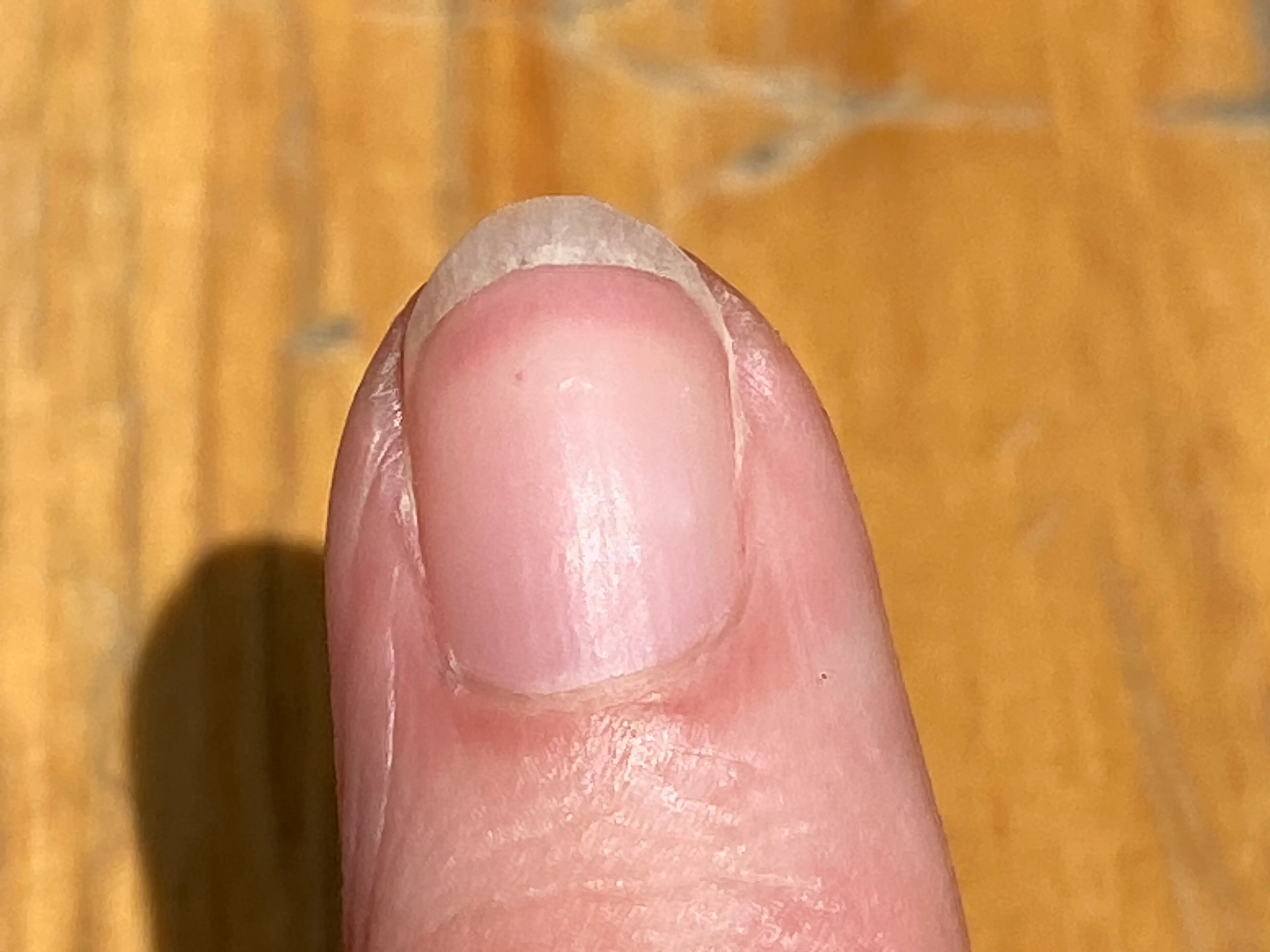
Our bodies can often give us clues of how our health is doing, and hint at when we might be facing issues or need to speak to our doctor.
From our hair, skin and even the whites of our eyes, our body has ways of showing 'early warning signs' when something isn't right.
Now a doctor has revealed how our nails can also give us an indication of our health, and even show us signs that there could be serious issues with our thyroid, our heart and our liver.

Advert
Now it's important not to be worried that your nails could be telling you that you've got a serious health problem, as sometimes changes and different appearances on the nails can be explainable.
Doctor at LloydsPharmacy Online Doctor, Dr Bhavini Shah shared: "It’s normal for nails to change over time. For example, nails often become more brittle as you age. Changes in nail texture are also common during pregnancy, although this should return to normal within six months of having a baby.
"Similarly, if you injure your nail, it’s not unusual for it to become loose, change colour, and even fall off completely. If this does happen, generally fingernails grow back within six months, although toenails can take up to 18 months."
But if you see any of the following in your nails, it could be the sign of something serious:
Spoon-shaped nails
One of the most common signs of ill health seen on nails include seeing 'spoon-shaped nails that curve inwards', which can be a sign or iron deficiency anaemia.
Dr Shah added: "Usually, symptoms are fairly simple to resolve by using iron tablets and eating iron-rich foods including red meat, beans such as kidney beans and chickpeas and dried fruit such as apricots."
Loose or brittle nails
Another clue our nails can give us is to how our thyroid is functioning, including both an underactive thyroid (hypothyroidism) and overactive thyroid (hyperthyroidism).

Loose nails can be a sign of hyperthyroidism, and you might also notice symptoms such as anxiety, sleep trouble, weight loss and fatigue.
Brittle nails are a sign of hypothyroidism, and also have accompanying symptoms such as weight gain, thinning hair, stiff muscles and joints and depression.
Both potential thyroid issues need medical attention, and you should seek advice from your GP to see if they can discuss next steps and potential tests.
Red or purple lines
Your nails can also indicate more serious health problems, including with the heart and liver. Dr Shah explained: "Generally, red or purple lines under your nails are due to an injury.
"But if you notice these and don’t recall injuring your nail, you might want to book a doctor’s appointment because these can be a symptom of heart disease."
White nails

Another condition known as 'Terry's nails' is one to watch out for, as Dr Shah warned: "Terry’s nails is a nail condition where over two-thirds of the nail bed becomes white except for a red or pink strip at the nail tip.
"Terry’s nail is a tell-tale sign of liver disease. Other symptoms of the disease include fatigue, yellow skin and loss of appetite."
If your nails are showing any unusual signs or feel or look different, then speaking to your doctor can help you to find out if there are any underlying health issues.